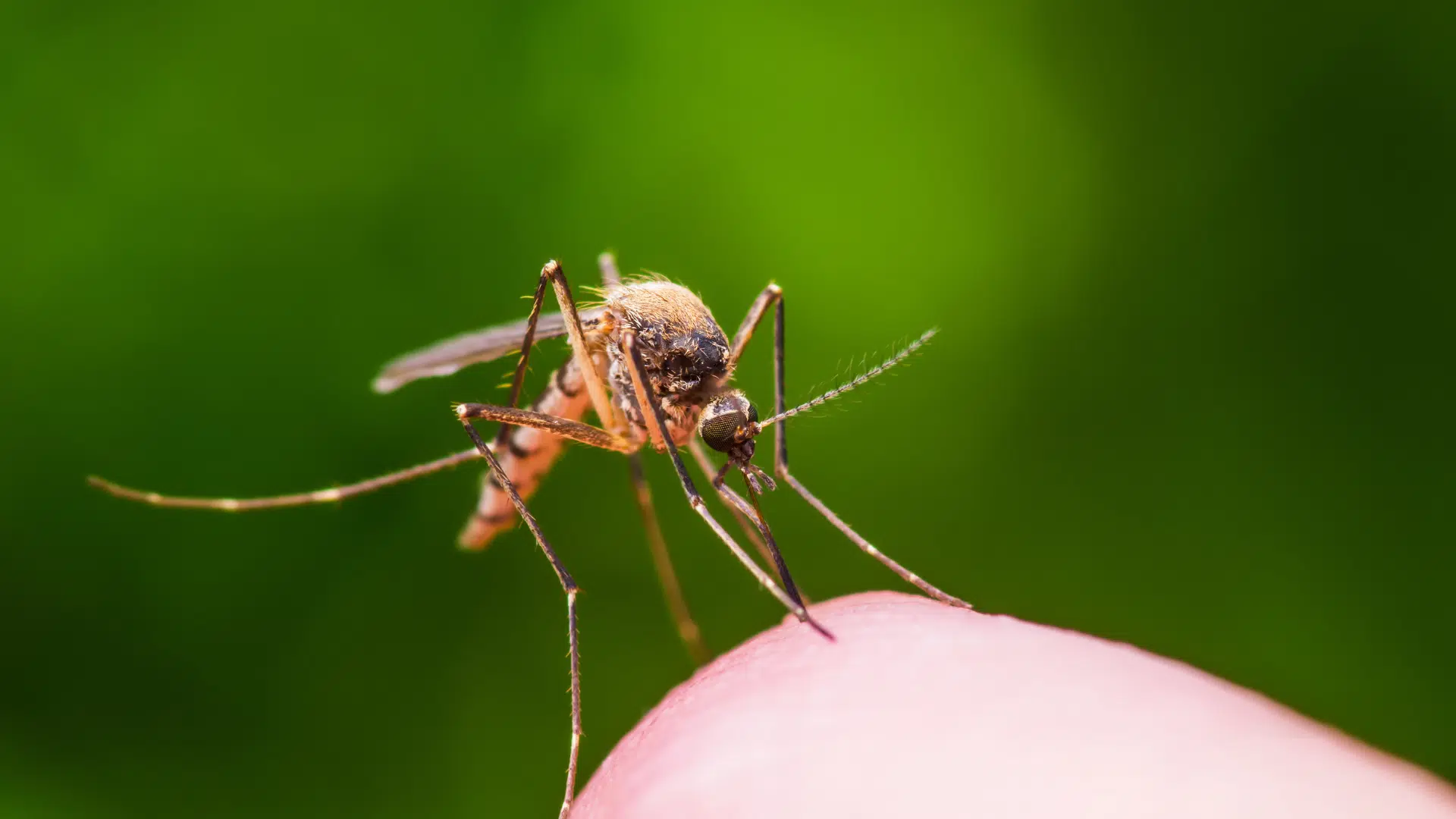A mosquito trap sample collected Oct. 5 in north Georgetown has tested positive for West Nile virus.
This testing is part of the City of Georgetown’s participation in the Williamson County and Cities Health District’s (WCCHD) Integrated Vector Management program. The positive test was indicated in lab results received Oct. 6 from the Texas Department of State Health Services lab in Austin.
The sample was collected from a trap near Diamond Dove Trail and Airport Road.
West Nile virus is the most common mosquito-borne disease in the United States. In 2021, there have been eight mosquito samples pools that returned positive for West Nile virus in Williamson County. This is the first positive trap in 2021 at this location. The last positive trap collected at this location was October 2016.
The City and the Health District are encouraging everyone to be especially vigilant about protecting themselves from mosquito bites when outdoors and preventing mosquito breeding on their personal property. Recent rain and continued warm temperatures are prime breeding conditions for mosquitoes.
While there have been no reported incidences of human infection of West Nile virus in Williamson County this year, symptoms of infection may include fever, headache, and body aches, a skin rash on the trunk of the body, and swollen lymph nodes. Those age 50 and older and/or with compromised immune systems are at a higher risk for severe symptoms, which may include stiffness, disorientation, coma, tremors, vision loss, paralysis, and in rare cases, death.
City of Georgetown parks staff will continue mosquito control efforts with the treatment of standing water with larvicide, and WCCHD will continue enhanced monitoring and testing, along with increased public outreach and education. The City is prepared to take additional action if necessary.
Mosquitoes are present in Central Texas year-round, but the population is largest and most active from May through November. During this period, WCCHD monitors the mosquito population and tests for mosquito-borne viruses.
The most important way to prevent West Nile virus is to reduce the number of mosquitoes where people work and play. Health officials strongly encourage everyone to remain vigilant about protecting themselves from mosquito bites and preventing mosquito breeding on their personal property. Mosquitoes breed in standing water, needing as little as one teaspoon. By draining all sources of standing water in and around your property, you reduce the number of places mosquitoes can lay their eggs and breed.
What you can do
Eliminating places where mosquitoes can breed and reducing the chances of mosquito bites are the most effective lines of defense against exposure to West Nile virus. As part of its Fight the Bite campaign the Health District recommends the 3 Ds of mosquito safety:
- Drain standing water in flowerpots, pet dishes, or clogged gutters so mosquitoes don’t have a place to breed and treat water that can’t be drained,
- Defend by using an EPA-approved insect repellent, and
- Dress in long sleeves and pants when outdoors.
For more information, go to the WCCHD website at wcchd.org or visit the Texas Department of State Health Services West Nile website at txwestnile.org.




 Business Directory
Business Directory Add Your Business
Add Your Business Job Board
Job Board Guides and Features
Guides and Features Tech Tip Tuesday with Computek
Tech Tip Tuesday with Computek Education Spotlight with Huntington Learning Center
Education Spotlight with Huntington Learning Center A+ Roofing Tips from APEX Roofing
A+ Roofing Tips from APEX Roofing Restaurants in Georgetown, TX
Restaurants in Georgetown, TX Dog Friendly Establishments in Georgetown, TX
Dog Friendly Establishments in Georgetown, TX Adopt a Pet in Georgetown, Texas
Adopt a Pet in Georgetown, Texas Holiday Guides
Holiday Guides Festival and Events in Georgetown, TX
Festival and Events in Georgetown, TX Downtown Georgetown Guide
Downtown Georgetown Guide Local Assistance
Local Assistance Churches in Georgetown, TX
Churches in Georgetown, TX Summer Camps in Georgetown, TX
Summer Camps in Georgetown, TX Swimming in Georgetown, TX
Swimming in Georgetown, TX Coming Soon
Coming Soon Events
Events Add Your Event
Add Your Event Live Music in Georgetown
Live Music in Georgetown Southwestern University Athletics
Southwestern University Athletics Newsletter
Newsletter Newsletter Archive
Newsletter Archive Subscribe
Subscribe Submit Your Photo
Submit Your Photo 2024 Georgetown's Best Awards
2024 Georgetown's Best Awards








Comments